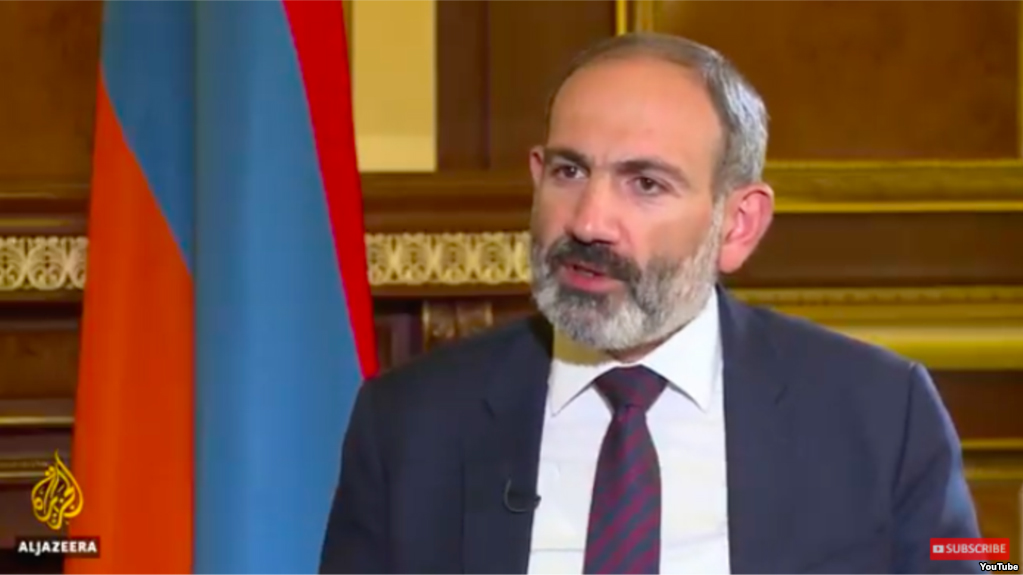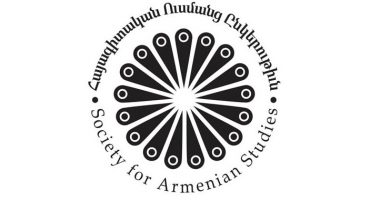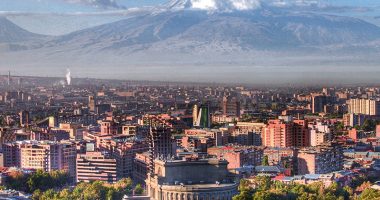NEW YORK (HRW) — Torture in Azerbaijan by police and other law enforcement agencies is “systemic and endemic,” according to a report from the Council of Europe’s torture prevention body.
The report by The Committee for the Prevention of Torture and Inhuman or Degrading Treatment or Punishment (CPT), based on six visits to Azerbaijan from 2004 through 2017, documented repeated cases of “severe physical ill-treatment” of detainees, including some as young as 15. The cases appeared to follow a consistent pattern: mostly occurring in police establishments, during the initial hours of detentions, to coerce confessions or other testimonies.
The torture methods ranged from slaps, kicks, and truncheon blows to beatings on the soles of a suspended victim’s feet and the use of electric shocks.
The CPT also found that perpetrators get away with torture because of a lack of effective investigations and insufficient legal safeguards. Human Rights Watch research has also shown that in Azerbaijan, detainees are often denied access to lawyers of their choosing, and even if complaints are made of serious ill-treatment, the investigations almost never result in anyone being held to account.
Publicizing police abuse can invite official retaliation. Mehman Huseynov, one of Azerbaijan’s most popular bloggers, is serving a two-year prison term on grounds that he “defamed” police officers because he went public about the ill-treatment he had suffered in custody. A group of plainclothed officers attacked Huseynov, blindfolded and gagged him, forced a bag over his head, used an electroshock weapon on his groin, and punched him, bloodying his nose. The investigation into Huseynov’s allegations was swiftly closed after a summary finding that they were groundless.
While the Committee found some improvements, such as renovations of old and building of new prisons, many problems persisted, including overcrowding, lack of meaningful activities for inmates, inadequate medical care, rampant corruption, and a “generalized culture of violence” among prison staff.
Azerbaijan is party to multiple human rights treaties, including the UN Convention against Torture and the European Convention on Human Rights, which prohibit torture and other forms of ill-treatment of detainees. Azerbaijan’s agreement to publish the Committee’s report – as is required – is an important step. But not enough. Azerbaijan’s leadership should make an unequivocal public statement of “zero tolerance” for torture and other forms of ill-treatment and ensure prompt and effective investigations into all such allegations.










